Hamas freed the last surviving Israeli hostages from Gaza under a ceasefire deal on Monday, while Israel released busloads of Palestinian detainees, marking what U.S. President Donald Trump declared as the end of the two-year-long Gaza war that has reshaped the Middle East.
Hours later, Trump convened Muslim and European leaders in Egypt to discuss the future of Gaza and prospects for wider regional peace. Neither Israel nor Hamas attended the meeting, leaving many questions unresolved despite the declaration of an end to hostilities.
The Israeli military confirmed that it had received all 20 hostages known to be alive after their transfer from Gaza by the Red Cross. The news prompted scenes of relief and celebration in Tel Aviv’s “Hostage Square,” where thousands of people gathered to cheer, embrace, and weep as families reunited after months of anguish.
In Gaza, thousands of Palestinians also poured into the streets, gathering outside hospitals and homes to welcome some of the nearly 2,000 detainees released by Israel under the terms of the agreement. Many wept with joy, waved flags, and held photographs of loved ones returning after years behind bars.
“The skies are calm, the guns are silent, the sirens are still, and the sun rises on a Holy Land that is finally at peace,” Trump said in an address to Israel’s parliament, the Knesset, declaring that “a long nightmare for both Israelis and Palestinians is over.”
The ceasefire deal was mediated by the United States, Egypt, Qatar, and Turkey as the first phase of what Trump called a “path toward lasting peace.” Later in the day, Trump and Egyptian President Abdel Fattah al-Sisi hosted more than 20 world leaders at the Egyptian resort of Sharm el-Sheikh. Participants signed a joint declaration pledging to sustain the Gaza agreement and coordinate on governance, reconstruction, and security arrangements.
“Now the rebuilding begins,” Trump said in his address at the summit, describing the accord as “the greatest deal of them all.” Israel and Hamas, however, were not represented at the talks, while the leaders of Saudi Arabia and the United Arab Emirates also did not attend. Palestinian Authority President Mahmoud Abbas did, emphasizing his desire for the Authority to play a leading role in Gaza’s administration — a position that Israel opposes.
The war, which began after the Hamas-led attacks on October 7, 2023, killed 1,200 Israelis and led to the abduction of 251 hostages, left Gaza in ruins. Health authorities say that 68,000 Palestinians were killed during Israel’s retaliatory campaign, which leveled large parts of Gaza City and displaced hundreds of thousands of civilians.
The ceasefire halted Israel’s final offensive on Gaza City, allowing thousands of displaced residents to return to what remains of their homes. Still, significant challenges persist. The remains of 26 hostages believed to have died in captivity, along with two whose fates are unknown, have yet to be recovered. UN aid chief Tom Fletcher warned that humanitarian needs are acute and called for an immediate influx of food, medicine, fuel, and shelter supplies to prevent famine across the enclave.
Security in Gaza remains uncertain. Hamas fighters, seeking to reassert control after Israel’s withdrawal, reportedly killed 32 members of a rival Palestinian faction in Gaza City. In the occupied West Bank, tensions have escalated further as Israeli settlements expand on territory Palestinians claim for a future state.
Trump, speaking to reporters during his flight to the region, said Hamas had been granted a temporary mandate to maintain order in Gaza. “They do want to stop the problems, and we gave them approval for a period of time,” he said.
The Gaza conflict has also reshaped regional dynamics, with Israel launching a 12-day war against Iran earlier this year and conducting strikes against Tehran’s allies, including Lebanon’s Hezbollah and Yemen’s Houthis. Trump, portraying his Gaza initiative as a catalyst for broader peace, predicted that more Arab nations would join the Abraham Accords and even suggested that Iran could one day sign a peace deal with Israel. “Wouldn’t it be nice?” he said with a smile before the Knesset.
Emotional scenes of relief and joy played out on both sides of the border. Two freed Israeli hostages waved to cheering crowds from vans en route to hospitals, one raising an Israeli flag before forming a heart with his hands. Families received phone calls and video messages from loved ones as they were released, moments filled with disbelief and tears. “I am so excited. I am full of happiness. It’s hard to imagine how I feel right now,” said Viki Cohen, the mother of freed hostage Nimrod Cohen, as she traveled to an Israeli military camp to reunite with her son.
In Gaza, the atmosphere was a mix of celebration and sorrow. “I am happy for our sons who are being freed, but we are still in pain for all those killed and for all the destruction in Gaza,” said Um Ahmed, a mother from Khan Younis, through tears.
Buses carrying freed Palestinian prisoners arrived to crowds waving flags and flashing victory signs. Among them were armed Hamas fighters — a stark reminder that although the guns have fallen silent for now, the path to a lasting peace remains uncertain.

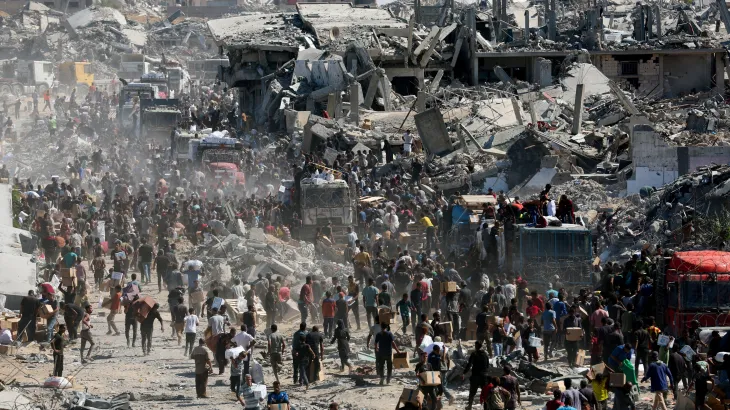

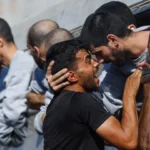
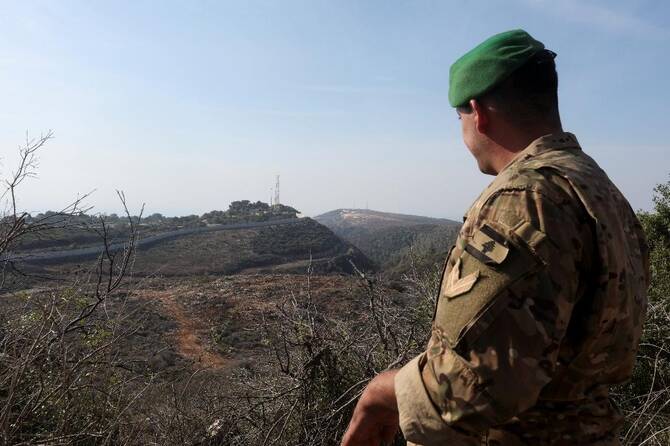
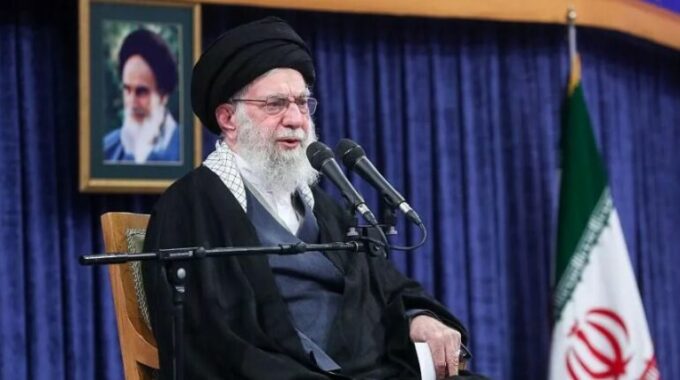
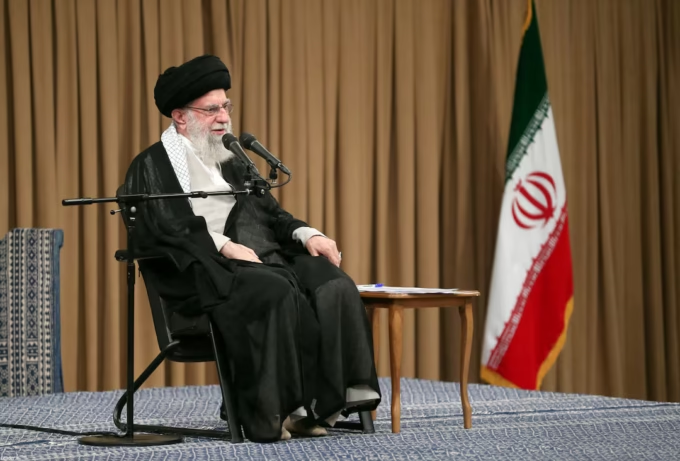
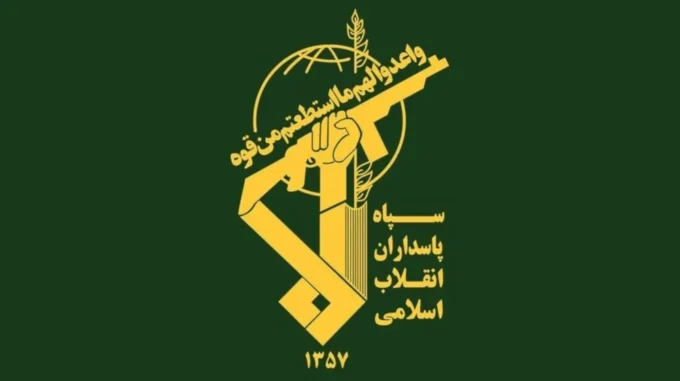
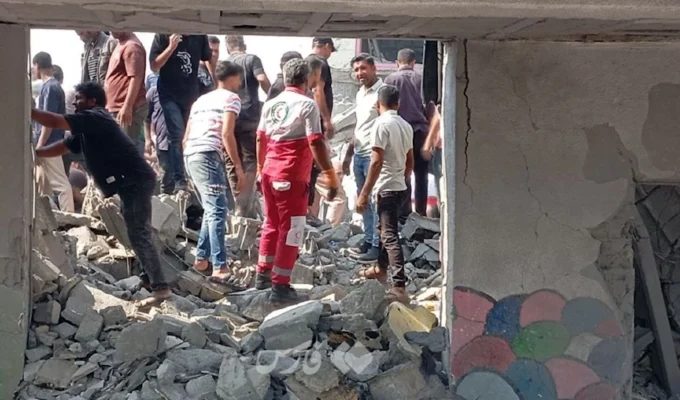

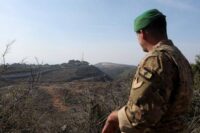
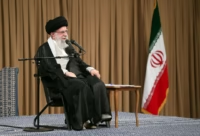
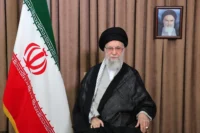
Leave a comment